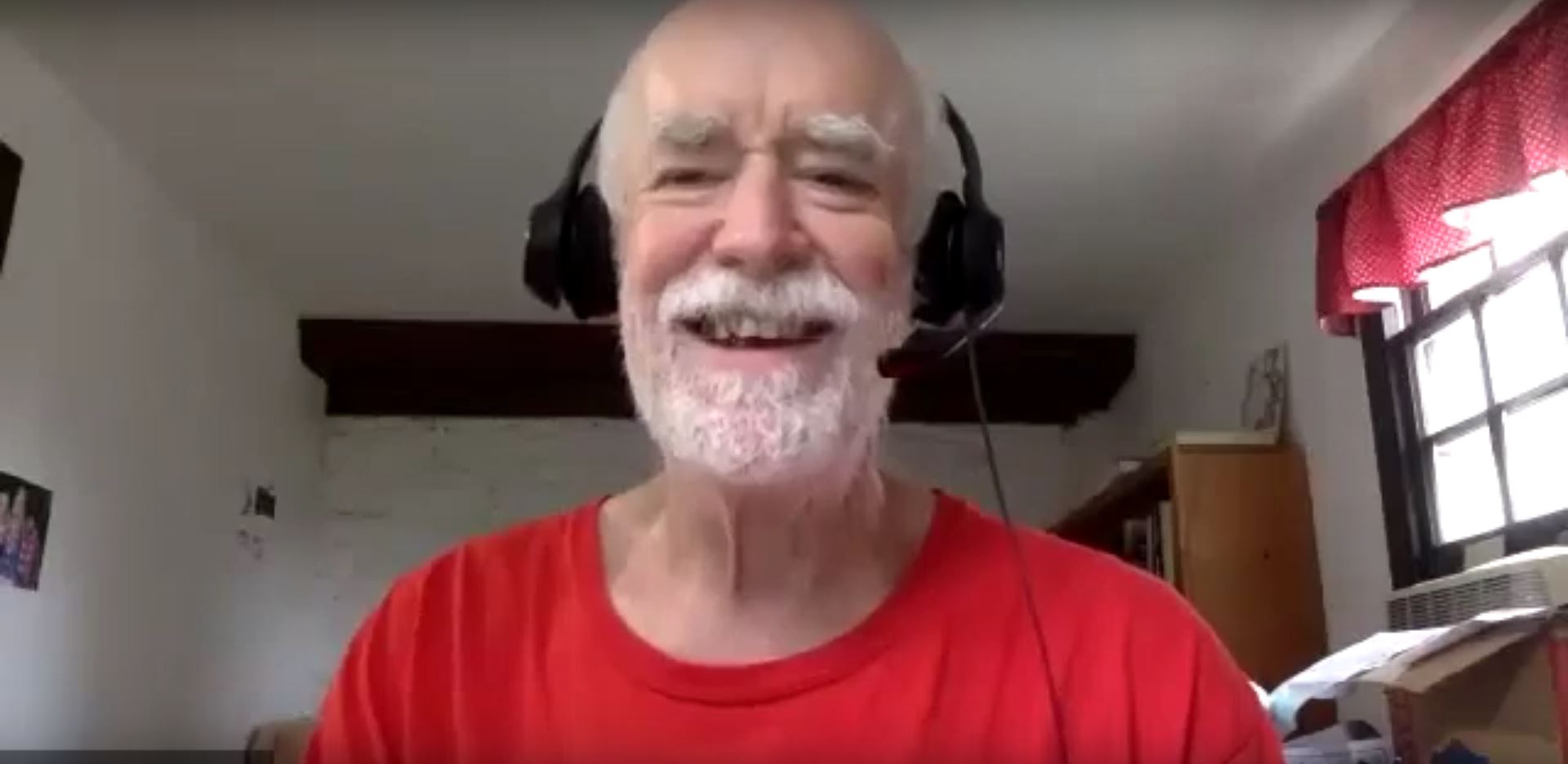In 2018, the rumor circulated among alternative media that the Pentagon was operating with $21 trillion more than accounted for in its budget. While members of the press speculated that the federal government was printing the money, journalist Dave Lindorff doubted it. He reasoned that if those funds were being pumped into the economy, we’d have had inflation, not recession, over the past years. It seemed this number had no basis in fact.
Lindorff launched an investigation, published at The Nation, that found named sources in the Pentagon and Government Accountability Office, who said the Pentagon was making up budget numbers each year. The claim about a $21 trillion budget increase was incorrect: instead, when the Pentagon would request more money each year, Congress would shirk its duty to check what the previous year’s budget bought, thus allowing defense costs to balloon.
Now the Pentagon is spending more in constant dollars than ever since WWII. Though the U.S. is involved in plenty of military activity, these expenses couldn’t amount to this magnitude of spending. Lindorff had exposed massive accounting fraud in the Pentagon from the past 20 years.
Three months after publishing his article, Lindorff flew with his wife to Vienna. An apparent technical glitch prevented him, but not his wife, from getting his boarding pass the day prior to both flights of the week-long trip. Each time, he arrived early to the airport, got his pass, and flew. But on the return trip, during a stopover at Heathrow Airport in London, an announcement sounded across the PA system for the entire terminal: Mr. Dave Lindorff was to arrive early at his gate for a “special security check.”
The man at the turnstile led him downstairs, where two security guards stood behind imposing, metal surgical tables. They ran a blinking device (which looked to be from a 1950’s science fiction movie) over his computer and laptop. Lindorff asked what there were doing. “Checking your bag and your equipment for explosives, sir,” one said. When asked, the guard said he didn’t think Lindorff was a terrorist, but that his government might. And when Lindorff’s wife asked why they didn’t check her luggage for explosives, he said he was only instructed to check her husband’s.
Lindorff asked, “This isn’t about the security of the airline; it’s about harassing me. That’s because I’m a journalist, right?”
The guard answered, “We know you have a lot of problems in your country, sir.”
In May 2019, Lindorff flew to London to interview the widow of little-known Manhattan Project spy Ted Hall for his upcoming documentary. Lindorff’s journey with his son met the same difficulties concerning boarding passes and a special security check. From four bold “S”s printed on his pass, he learned he was marked on some sort of list. Again, the guards took no interest in his traveling companion.
When he got home, Lindorff called the Department of Homeland Security to speak with a press representative, who said that it sounded like he had been put on one of three or four federal terrorist watch lists.
Lindorff suspects the Pentagon put him on a list after his investigation, and is issuing a lawsuit against the Pentagon and FBI for so doing, with the pro bono help of a Washington attorney. Lindorff learned that every police department in the U.S. gets access to these lists — he fears a traffic stop with a rookie cop could turn into something else entirely.
Dave Lindorff has written for The Nation, Salon, London Review of Books, and Counterpunch. He is founder of ThisCantBeHappening.net. Author of four books, he was a 1990s Hong Kong/China correspondent for Business Week. He is the winner of a 2019 Izzy Award for Outstanding Independent Journalism.
Watch Lindorff’s full discussion:

